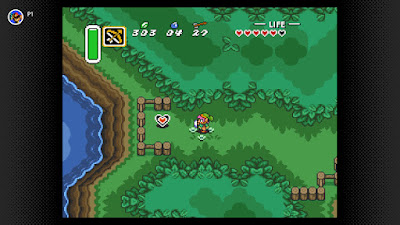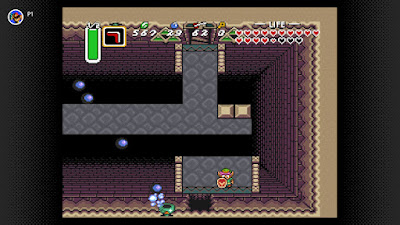But in the last year my younger kids have sometimes asked me to read a chapter or two to them - so I got exposed, but I was getting things mostly out of context. When they started getting the graphic novels from the library, I figured I might as well read them that way, so I'd know what was going on, and it turns out they're pretty interesting. I mean, they're about dragons. And now I'm reading the real books.
It still doesn't exactly handle dragons the way I would. I mean, there are a bunch of different types, and while the SkyWings are the most traditional dragons, they're all red/yellow/orange, and I feel like you need blue and green fire-breathing dragons to be fully compliant. (You know, like Mrandor and Valkron.) But the different types create interesting variety, and the characters are good and stuff.
Plus, the series deserves a lot of credit for one huge thing - it's about the dragons. Not about people fighting dragons, or riding on dragons, or seeking out dragons. The dragons are the characters. And that actually does a lot to make for a compelling story. I mean, they fly, and they have these tribe-specific powers, and they very greatly in size. So it's not like you could tell this stories with humans swapped in for the dragons. (There is one spin-off book, Dragonslayer, that is about the humans. It's very well done and could be read before the others I guess. But it's probably better after the first five books, which is what I did.)
In a way it's surprising that humans are included in their world in the first place, but I think it does work because it gives you a sense of scale. (Although be fair, the scale issue can make things a bit hard to picture at times, which is one way that the graphic novels help.)
It is a bit icky at times. The dragons occasionally eat people, and even though they think of humans as animals, as a reader I can't help but be disturbed. They also fight with each other, and in both cases the injuries are described in enough detail to be, well like I said, icky. I'm kind of surprised my elementary-school-aged kids weren't more freaked out by a few scenes. (The graphic novels actually skip over icky details, mostly.)
In general, though, it's delightful to see into a world of scary monsters going on quests and stuff. And the series is almost over I think, so I should be able to binge-read for a while. Yay dragons!

















